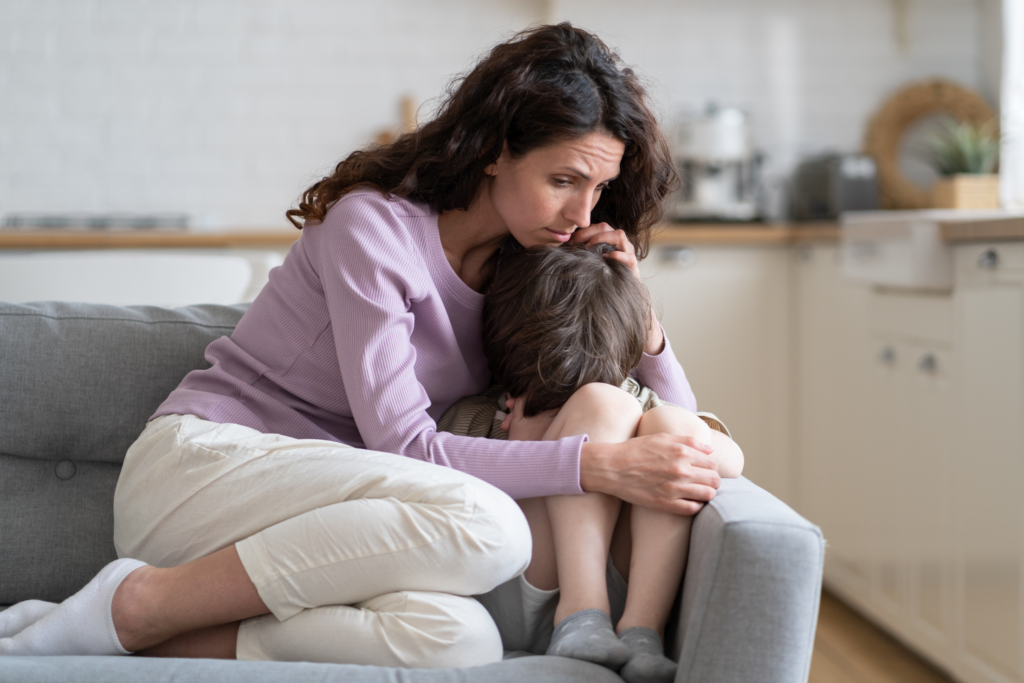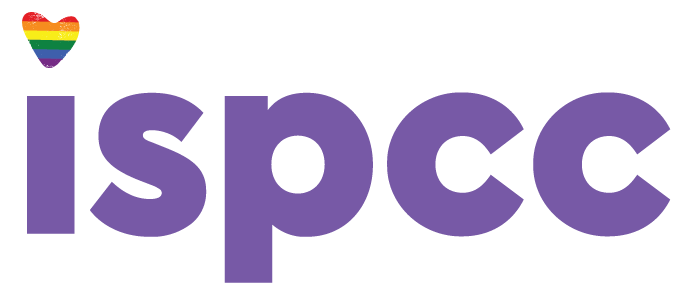
What is loss?
Loss can come in a number of forms. People can experience loss through separation and divorce, as well as through the death of a loved one.
Response to loss
Each person has a unique response to coping with their experience of loss. Often, the family or the wider community can provide all the necessary supports for a person who has experienced a loss. The grieving process is not linear and each person’s journey will be different.
Our response to grief can be both physical and emotional. These are normal responses to the loss. You might experience a range of emotions and feelings, varying in length and time. These may include disbelief, shock, anger, loneliness, sadness, relief and depression. Physically, you may experience headaches and unexplained body aches, nausea and/or diarrheoa, loss of appetite or comfort eating, poor concentration or forgetfulness, loss of energy or a lack of interest in things that you generally enjoy.
If you experience a sudden or unexpected loss, you may find you would like the help of an independent party such as a counsellor or a support group. Where a loss is particularly traumatic, or an individual is finding it very difficult to cope, additional supports may be required. In this circumstance, a visit to your GP is recommended. It is important to remember that grieving a significant loss in your life is a process. This is recognised by professionals that work in these areas and many bereavement services engage with an individual only after four to six months post-loss.
Talking to your child about loss
It is important to have an age-appropriate conversation with your children about the loss that they have experienced. Books can be used as great source to aid parents with these conversations. Loss and bereavement are often topics portrayed in TV programmes and other forms of media or in popular culture. This may provide another way of promoting a family discussion around how loss has impacted on your family.
Some parents and carers find art therapy and play therapy beneficial in helping children to discuss a loss. At some stage of family life every family has to deal with some form of loss. It is important to remember that you are not alone in this. Talking to other parents, supportive friends and family can really help with remaining socially connected and supported. It is also advisable to inform your children’s relevant teacher/s of the loss that they are experiencing, as this can ensure that they are listened to and widens their circle of care.
A range of professional bodies can help provide you with further information and support, should you find it useful. You may find resources and support services offered by the
following organisations helpful:
Services for Adults
- HSE: www.hse.ie
- Grow: www.grow.ie
- Parenting When Separated: www.barnardos.ie
- Aware: www.aware.ie
- Shine: www.shine.ie
- The Miscarraige Association of Ireland: www.miscarriage.ie
- Samaritans: www.samaritans.org
- Your Mental Health: www.yourmentalhealth.ie
- MyMind: mymind.ie
Services for Children
- Rainbows: www.rainbowsireland.ie
- Seasons for growth: www.goodgrief.org.au
- Barnardos: www.barnardos.ie
- Jigsaw: www.jigsaw.ie
You can read how we presented information about death and loss to children and young people through our Childline.ie site here.
